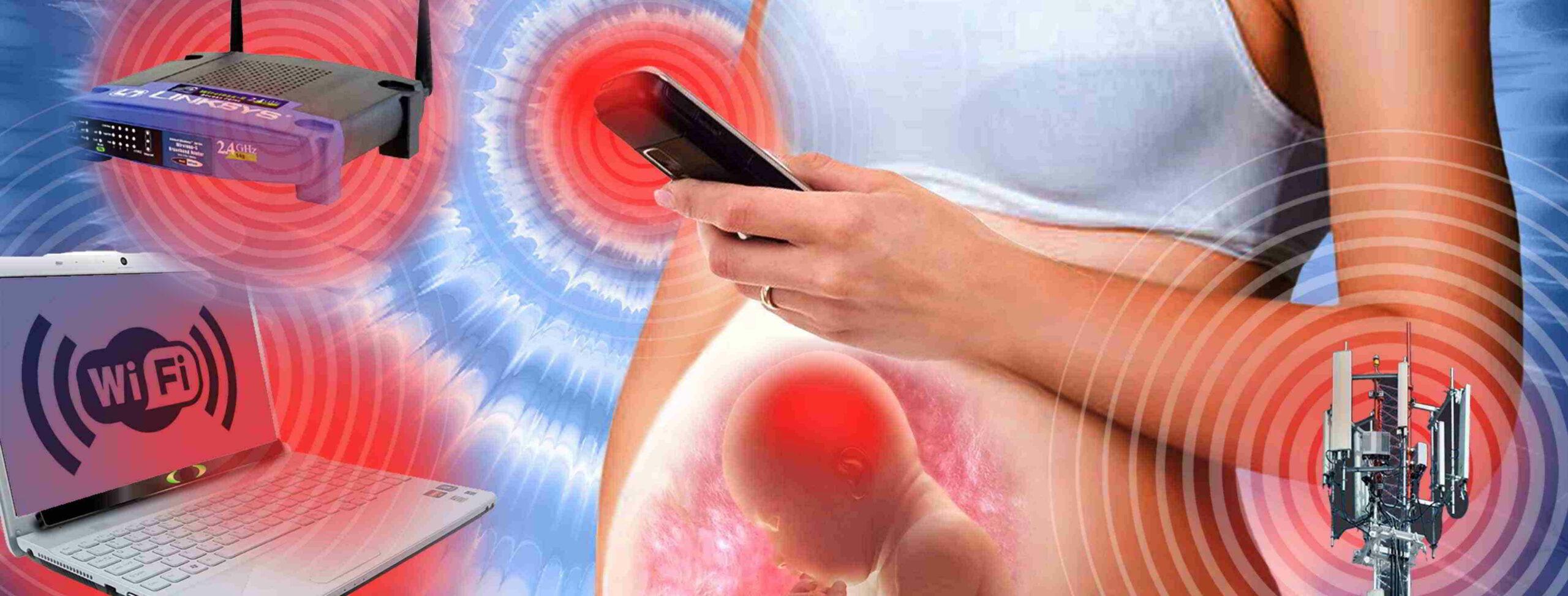From EMR Australia
Memory: paper vs devices
How do people learn better – using paper and pen or digital devices?
To answer this question, scientists from Japan tested whether people remember information better when they record it using both of these techniques.
You may have guessed. The paper and pen technique came out trumps.
The study involved 48 university students aged 18 to 29. Three groups of students were asked to write down appointments either on a paper notebook, a tablet or a smart phone and then given an ‘interference’ task. An hour after recording the appointments, the subjects were asked to remember them while undergoing functional magnetic resonance imaging.
The study found:
-
the students in the tablet and phone groups took much longer to record the appointments than the students using paper (the note group)
-
the students in the note group remembered information much more accurately than the tablet and phone groups
-
the brains of students in the note group showed much deeper activation than the brains of students in the tablet and phone groups.
‘Our results suggest that the use of a paper notebook affects these higher-order brain functions, and this could have important implications for education, particularly in terms of the pros and cons of e-learning. The expanded use of mobile devices or computers could undercut the use of traditional textbooks and paper notebooks, which may in fact provide richer information from the perspective of memory encoding,’ the authors said.
The authors also referred to other research showing that:
-
students who took long-hand notes performed better on conceptual questions than those who used took notes on laptops and were better at recognising words than those who used keyboards
-
students who read from paper had better comprehension that those who read from screens.
Umejima K, Ibaraki T, Yamazaki T, Sakai KL. Paper Notebooks vs. Mobile Devices: Brain Activation Differences During Memory Retrieval. Front Behav Neurosci. 2021 Mar 19;15:634158. doi: 10.3389/fnbeh.2021.634158. PMID: 33815075; PMCID: PMC8017158.
What you can do
-
Limit your children’s use of wireless devices for school-based activities.
-
Set a good example: limit your own use of wireless devices for … nearly everything!
To learn more, download the latest issue of EMR and Health here.
Warm regards
Lyn McLean
Director
EMR Australia PL
www.emraustralia.com.au
02 9576 1772
